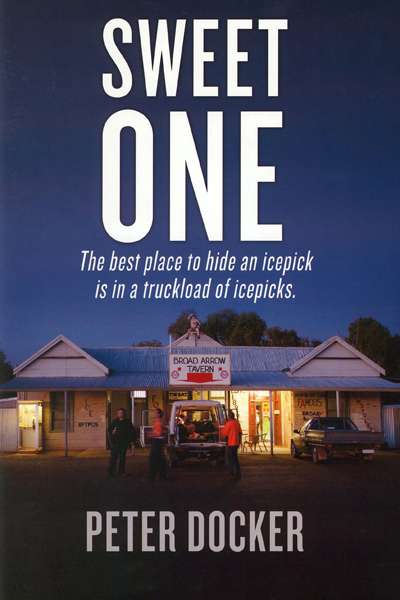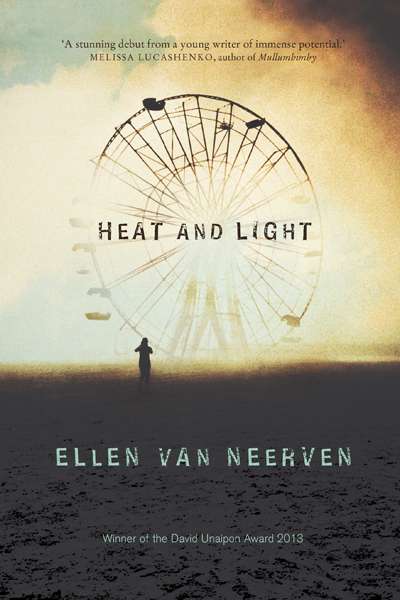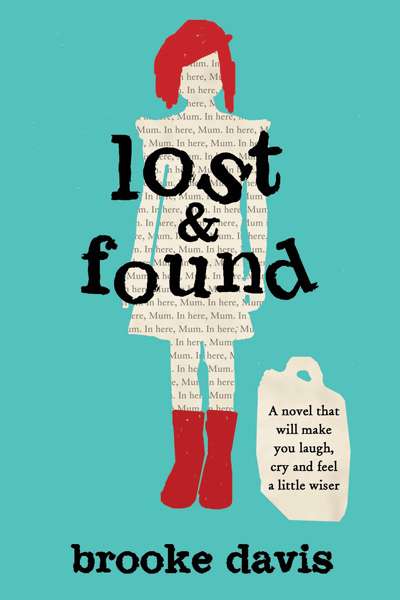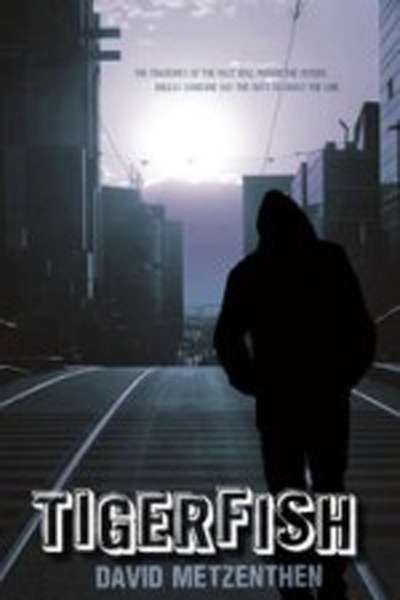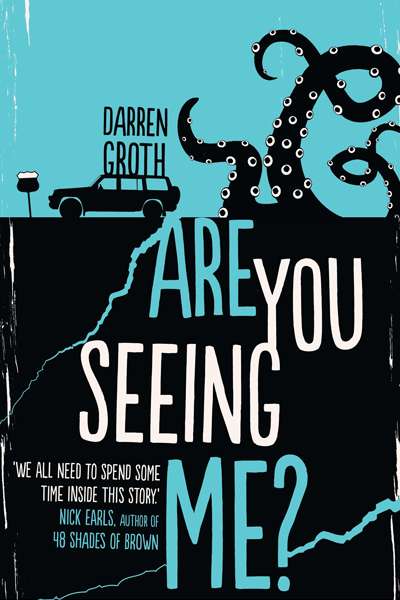Fiction
Peter Docker knits us into a ‘pea-soup fog’ of Western Australian heat, blanketing us, until we feel it ‘seeping right into the bones’. In the familiar-sounding Baalboorlie, the sun beats down,scorching the airless metal cell of a prisoner transportation vehicle. It cooks the Old Man’s flesh as he is escorted across a vast stretch of his desert country. The floor of the mobile oven sears his bare stomach, the branding ‘raised up and angry red and orange, in the shape of the rising sun badge of the ADF’. His grandmother was right, ‘White men will steal you in the night, then cook and eat you’.
... (read more)He was a man with a pinboard, and that boosted him a hundred points in her nervy evaluation, the first night she saw his room. On the pinboard were tickets, a laminated backstage pass, a wrapper from a Swiss chocolate, all those things that could wait for drowsy burbling nocturnal stories in the dark, the recounting of Times Before Her recited off like threaded bead ...
Inherit your great-grandmother’s wild red hair and hear the boys sing Griffin’s Gingernuts are so spicy when you walk past the Four Square court. Feel like a freak. Ask your mother if you can cut your hair short when you start high school and hear her say but it’s your best asset. Worry about your assets. Regret not cutting it on the first day of school when your form teacher christens you Orphan Annie and everyone laughs. Eat your vegemite sandwiches alone at one end of a wobbly bench outside the gym and ignore the fat girl wobbling it at the other end. Howl into the headwind as you bike home from school. Hate your mother when you arrive red-eyed, wind-whipped and she sighs. Wish you were Orphan Annie.
... (read more)I phoned my father when I arrived.
He said ‘Your mum’s just round at Aunty El’s’ in such a way that I knew she wasn’t; that she’d left the room with her hand to her mouth when he’d first said hullo, love, and I felt so sorry for us all.
... (read more)A prestigious prize and national exposure are fine achievements for a writer in her early twenties. Heat and Light is the first major publication by Ellen van Neerven, winner of the 2013 David Unaipon Award. Given her age, it is less surprising that Heat and Light focuses on questions of identity.
... (read more)Certain catchwords – ‘quirky’, ‘heartwarming’, ‘uplifting’ – mark the media coverage surrounding the release of Western Australian Brooke Davis’s first novel, Lost & Found. Perhaps foreseeing this, Davis presents her twee characters in a slightly laboured, albeit fashionable, manner: the elderly Karl in colourful braces; the agoraphobic widow Agatha; and Millie Bird, a Disneyesque seven-year-old grieving for her lost parents while camping out in a closed department store. All three protagonists come together for an unlikely adventure across Davis’s palpable, yet homogenous, Australian outback.
... (read more)In the spirit of our annual ‘Books of the Year’ feature, in which we ask a range of writers and critics to nominate their favourite new fiction and non-fiction titles, we asked ten Australian short story writers to nominate their favourite short story collections and individual stories. As this is the first time we have run a short-story themed feature of this nature, our ten writers were free to nominate older titles if they wished to do so. Our only request was that at least one of their selections should have been published recently and that at least one be by an Australian author.
... (read more)Ryan Lanyon sees something special in Ariel the moment he meets her. He can tell that she is out of place here, in the middle of suburbia, where the too-bright mall lights offer no real security from the dangers outside.
Ryan is an unlikely hero. Surprisingly insightful, he is the first of many characters in Tigerfish that encourage us to look beneath their rough exteriors. Ryan takes Ariel and her sister Kaydie under his wing. To him, they are exotic and fragile creatures who need to be saved. He’s not sure if he will be able to save them, but as far as he can see he is the best one for the job.
... (read more)Are You Seeing Me? by Darren Groth & The Minnow by Diana Sweeney
At its greatest, literature offers us the opportunity to see the world through the eyes of someone else; at its most inviting, through a character whose experience could be our own; at its most powerful, through a view of existence that differs vastly, even frighteningly, from ours. The latter is explored in these two new works of Young Adult fiction that show us intensely ‘other’ ways of seeing.
... (read more)Anybody who knows a little about the role played by Australian horses in World War I will know that the story did not end well for the horses: 136,000 left these shores, and one returned. Readers of Morris Gleitzman’s Loyal Creatures (Viking, $19.99 pb, 160 pp) who are unaware of this statistic might be in for a shock.
At the outbreak of war, Frank Ballantyne, not quite sixteen, is working with his father, sinking bores and locating water for farmers in the outback. It is a skill that will serve Frank and the army well in the deserts of Egypt and Palestine, which, after lying about his age, he finally reaches – with his horse Daisy, and his father, who has also enlisted – in 1915.
... (read more)

